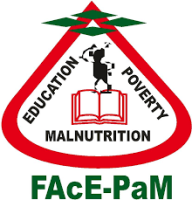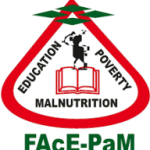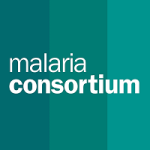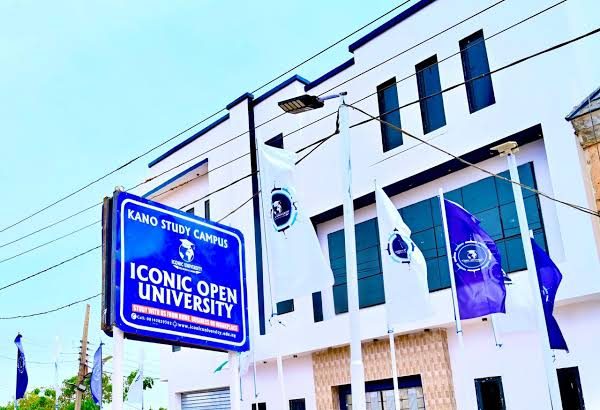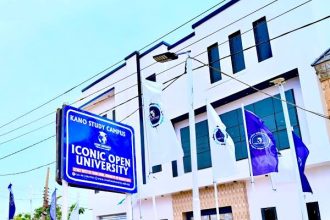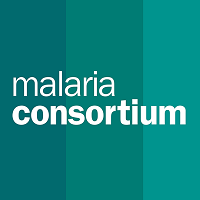Forward in Action for Education, Poverty and Malnutrition (FAcE-PaM) is a not-for profit Non-Governmental organization duly registered with the Corporate Affairs Commission (CAC) in 1998 with registration number 11444. Our conception priority focus areas at inception were Education, Poverty and Malnutrition.
Experience
Location Jigawa , Kebbi
Purpose of the Role
- To promote optimal Infant and Young Child Feeding (IYCF) practices, facilitate nutrition counseling, and support community-level awareness and referrals in alignment with the Cascade project goals.
- Nutrition champions focus on educating, supporting, and linking community members to nutrition services.
- Their work is vital in preventing malnutrition, encouraging behavior change, and promoting healthy diets.
Key Tasks of Nutrition Champions
Community Led Advocacy Sensitization/Stakeholders engagement.
Raise awareness about the importance of:
- Exclusive breastfeeding for the first 6 months
- Appropriate complementary feeding after 6 months, Promoting consumption of Cascade Food value chain (Orange Fleshed
- Sweet potatoes-OFSP, Gboma Sika, Soya Beans among other foods) during pregnancy and lactation
- Engaging traditional and religious leaders to champion behavioral change in dietary practices
- Support Community Led Advocacy for Nutrition services at community level
- Support community awareness on hygiene practice’s using Key household Hygiene Practices
- Work with Community Quality Improvement team facilitators to support hygiene improvement at household’s level.
Nutrition Education teach families about:
- How to prepare nutritious meals using local foods such as Orange, fleshed sweet potatoes-OFSP, Gboma Sika, Soya Beans among other foods)
- Hygiene and safe food handling
- The signs of malnutrition and when to seek help
- Support women access Antenal Care Services at facilities/community
- Nutrition Education session on practices through facilitating Radio listening groups for SBCC
- Facilitating town hall sensitizations
- Supporting local women’s groups (VSLA, SILC) to drive household-level nutrition improvements
- Improve child diets quality through promoting local practices.
Home Visits:
- Visit pregnant women and caregivers of young children at home to:
- Reinforce key nutrition messages using IEC Materials
- Encourage attendance at antenatal care or growth monitoring sessions
- Provide counseling on breastfeeding, child feeding, and maternal nutrition
- Assess hygiene practices and support households on improvement
- practices
- Complete Home visitation tools and report to the Case Mangers
- Facilitate follow up groups and escalate.
Growth Monitoring Support:
- Assist health workers during monthly weighing and screening sessions.
- Help record children’s weight and Mid-Upper Arm Circumference (MUAC) periodic after every 6 months.
- Explain results to caregivers and encourage them to take action if a child is at risk.
- Track and report facility-based Growth monitoring data and other data as assigned
- Organize Support Groups
Facilitate Mother-to-Mother Support Groups where women can:
- Share experiences
- Learn from each other
- Support one another in practicing good nutrition
- Grown Cascade Food value chain for consumption
- Support women knowledge improvement through facilitating / delivering IYCF messaging leveraging VSLA Meetings.
Referral and Linkage:
Identify and refer malnourished children or pregnant/lactating women with nutritional risk to:
- Health facilities
- Supplementary feeding programs
- Case Managers or other services
- Work closely with SAA Champions to compliment behavior shift for women.
Promote Home Gardens:
- Encourage households to grow their own nutritious foods (like vegetables or
- fruits) to improve diet diversity.
- Promote uptake and utilizations of food recipes.
Record Keeping and Reporting:
Keep simple records of:
- Households visited
- Referrals made
- Community meetings conducted
- Data reporting
- Report activities to the Case Manager or Health and Nutrition Technical Officer.
Qualifications and Experience
- Minimum of SSCE/WAEC. Certificate in Community Health, Nutrition, or Social Mobilization is an added advantage.
- Previous experience as a community volunteer or health worker is highly desirable.
- Good communication and facilitation skills in the local language.
- Strong knowledge of cultural practices related to maternal and child nutrition.
- Passionate about community development and improving child health.
- Must have previous experience in managing community health/nutrition platforms
- Must be community based and known among stakeholders and community members
- Preferable a community based health practitioner, dietitians, health worker, CHIPS etc.
Method of Application
Interested and qualified? Click here to apply

